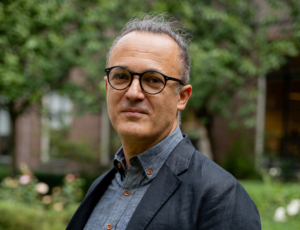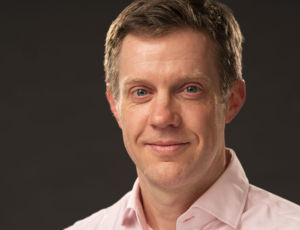Carine Germond Discusses Franco-German Relations in Slovak Newspaper
News Snippet
13 October 2015Dr. Germond argues that, although this joint speech demonstrates the willingness of both leaders to display Franco-German unity at a time when European Union member states are profoundly divided, it is primarily a symbolic gesture that will not do away with France’s and Germany’s divergent positions on various key European and international issues. It may provide, however, the necessary impetus to compel European leaders to live up to the moral, economic and constitutional challenges that Europe currently faces.
The article (in Slovak) is accessible at pravda’s website.
Her complete response (in English) is accessible at https://matisak.wordpress.com/2015/10/07/eu-is-the-franco-german-engine-running-again/.
About Carine Germond
Carine Germond is Assistant Professor at Maastricht University. Her research focuses on international and European contemporary history with an emphasis on Franco-German relations, agricultural policies in International Organizations and Euroscepticism. Her previous work on Franco-German relations in Europe include inter alia Partenaires de raison. Le couple France-Allemagne et l’unification de l’Europe, 1963-1969 [A Partnership of Convenience? The Franco-German Couple and the Unification of Europe, 1963-1969] and A History of Franco-German Relations in Europe. From ‘Hereditary Enemies’ to Partners.



